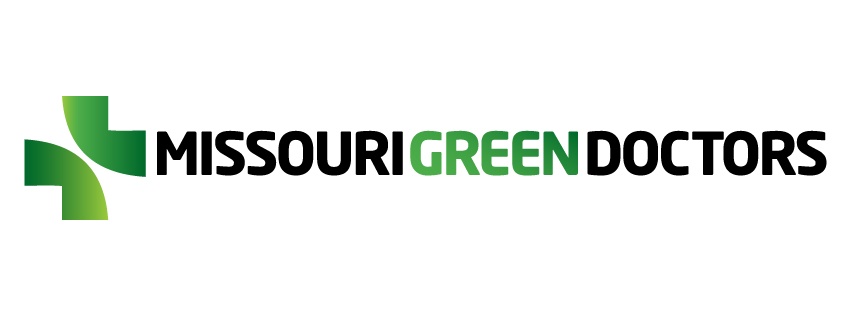Huntington’s disease (HD) is a hereditary, neurodegenerative disorder that affects the central nervous system, leading to a gradual loss of muscle control, cognitive decline, and psychiatric symptoms. Unfortunately, there is currently no cure for HD, and available treatments only offer symptomatic relief. However, medical cannabis is emerging as a promising option for managing HD symptoms and improving patients’ quality of life. In this article, we will explore the potential benefits of medical cannabis for HD patients and the current state of research on this topic.

Understanding Huntington’s Disease
Huntington’s disease is caused by a mutation in the Huntingtin (HTT) gene, leading to an abnormal accumulation of the huntingtin protein in the brain. This accumulation damages brain cells, particularly those in the striatum, leading to motor, cognitive, and psychiatric symptoms. HD typically starts between the ages of 30 and 50, although juvenile-onset cases can occur. Symptoms of HD include:
- Involuntary jerking or twitching movements (chorea)
- Difficulty with coordination and balance
- Slowed or abnormal eye movements
- Difficulty with speech and swallowing
- Personality changes, including depression, irritability, and aggression
- Cognitive decline, including difficulties with memory, planning, and decision-making
Currently, there is no cure for HD, and available treatments only offer symptomatic relief. Medications such as tetrabenazine and antipsychotics can help manage chorea and psychiatric symptoms, respectively, but they have side effects and may not work for everyone. Therefore, researchers are exploring alternative therapies, including medical cannabis.
Medical Cannabis and HD Symptoms
Medical cannabis contains compounds known as cannabinoids, which interact with the body’s endocannabinoid system (ECS). The ECS is involved in regulating many physiological processes, including mood, pain, appetite, and movement. Therefore, medical cannabis may help manage HD symptoms by modulating the ECS. Specifically, two cannabinoids, tetrahydrocannabinol (THC) and cannabidiol (CBD), have shown potential benefits for HD patients.
THC and HD Symptoms
THC is the primary psychoactive compound in cannabis, responsible for the “high” associated with cannabis use. However, THC also has therapeutic properties, including pain relief, anti-inflammatory effects, and antiemetic effects. Studies have also shown that THC may help manage HD symptoms by:
Reducing chorea: In a small clinical trial, HD patients who received THC experienced a significant reduction in chorea compared to those who received a placebo. The researchers suggested that THC’s effect on the ECS may be responsible for this improvement.
Improving mood: HD patients often experience depression and anxiety, which can worsen as the disease progresses.
THC may help manage these symptoms by increasing dopamine levels in the brain, leading to improved mood.
Enhancing appetite: Many HD patients experience weight loss due to difficulties with swallowing and appetite. THC can stimulate appetite, leading to increased food intake and improved nutrition.
CBD and HD Symptoms
CBD is a non-psychoactive compound in cannabis that has anti-inflammatory, anxiolytic, and antipsychotic effects. CBD does not produce the “high” associated with THC, making it a popular option for patients who do not want to experience psychoactive effects. Studies have also shown that CBD may help manage HD symptoms by:
Reducing chorea: Like THC, CBD may help reduce chorea in HD patients by modulating the ECS. One study found that CBD improved motor function and reduced chorea in mice with HD.
Improving sleep: HD patients often experience sleep disturbances, including insomnia and excessive daytime sleepiness. CBD has shown promise in improving sleep quality and duration, leading
